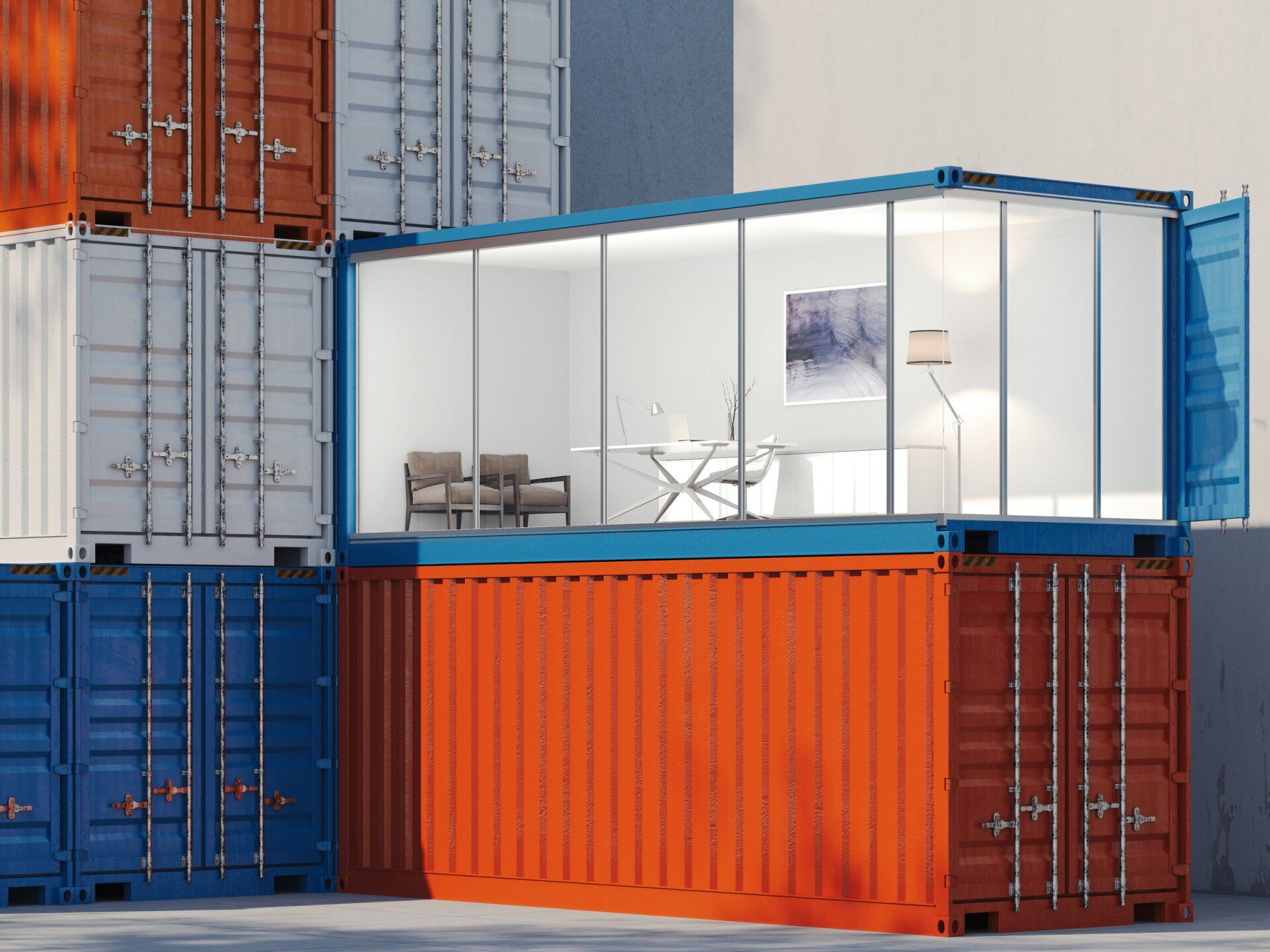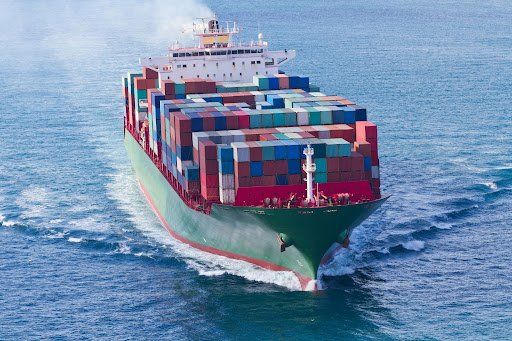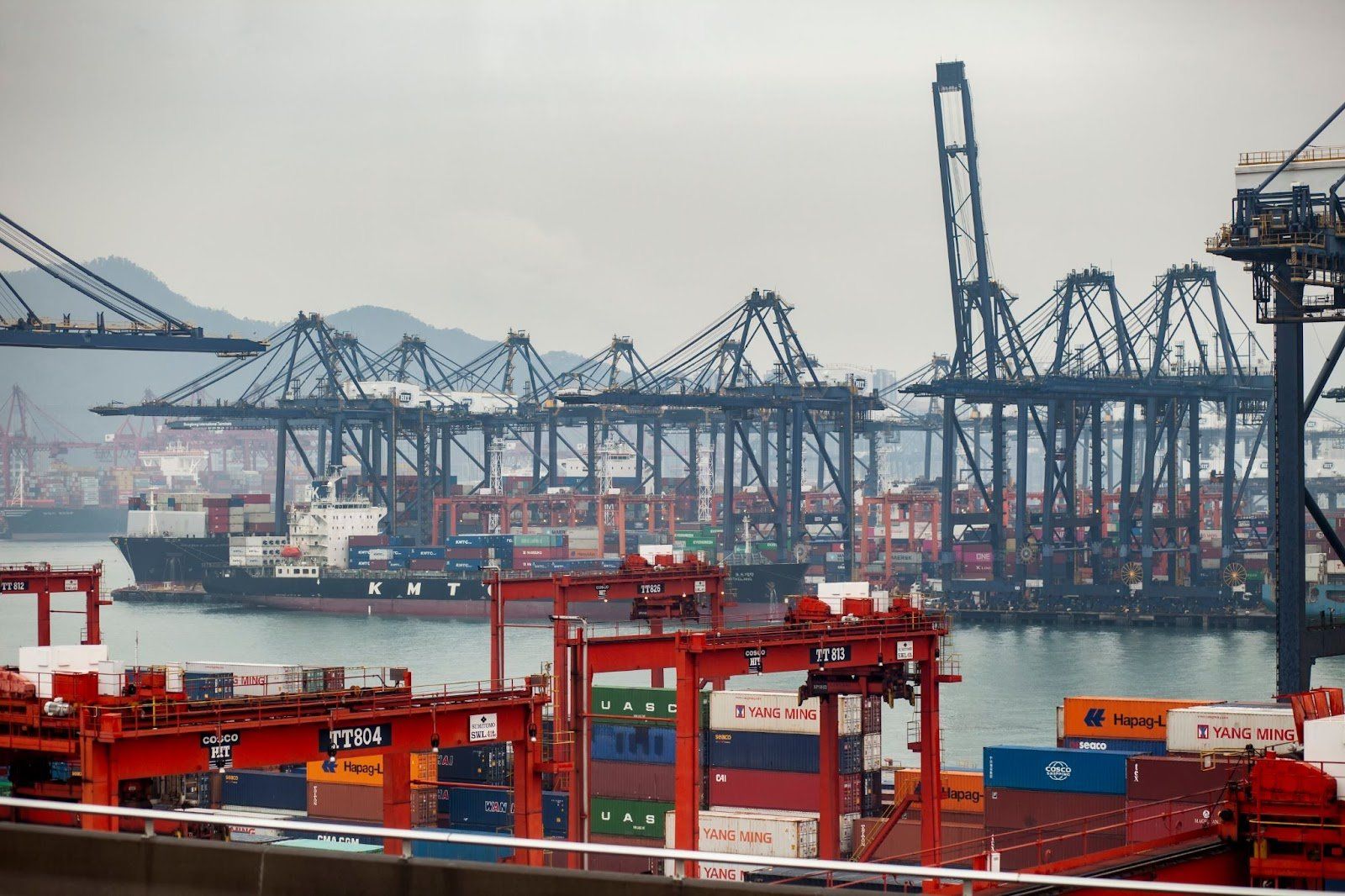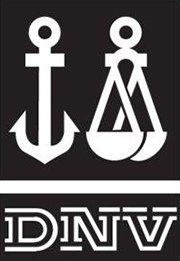What accessories can be added to make your shipping container great?
Shipping containers have long caught the imagination as a go-to resource when it comes to flexible storage or living ideas. Since their invention at the beginning of the twentieth century, shipping containers grew to become the number one method for packing and transporting goods worldwide. There are literally millions of shipping containers currently in existence. Tens of thousands of them sit idle at any given time. In the past few decades innovative approaches have sprung forward regarding different uses for containers. The sturdy metal boxes are reliable and nearly indestructible. As it turns out that's a perfect combination for dependable storage and custom living.
Why do you need accessories for your container?
If you have a container and you want to modify it for storage or occupancy use, you'll need accessories to customize your needs. There are two main types to consider: External and internal. There are also two different considerations to take into account. Should your modifications be permanent or 'temporary'?
Usually the permanent changes are made to containers whose function is clear, and for which you have full ownership. We'll talk about those two distinctions later, but first let's deal with the characteristics of internal versus external additions.
External accessories
Like the name says, external accessories are attached to the outside of your container. They are usually more rugged and often do heavy load-bearing and structural reinforcement. The corners of containers are amazingly robust. Cranes and other lifters often move containers by only grabbing at the edges. Many external accessories take advantage of that structural soundness and are attached at the corners. External accessories generally have one of three major purposes, as listed immediately below:
Mobility - These are items such as wheels and handles. Containers are extraordinarily heavy. If you need to move them around, it's best to have places that can be grappled or secured. Wheels can be attached underneath. These are usually caster-type wheels, meant for travelling over relatively smooth surfaces like factory floors or stages. Wheels can also be attached to the sides and corners. Sometimes these wheels are pneumatic tires, meant to travel over more uneven terrain.
Functional and Decorative
- These are items such as doors, windows, balconies and signs. They also can include custom mounts such as lightning rods, or reinforcement material like lashing rods and cantilevers. This last item is worthy of note. Rods and cantilevers are perfect for making stacked containers more stable when used in tandem. Placing rods in triangular configuration, from the sides of one container to another, provides enormous stability. Planning that usage is best left to engineering experts, however, since it involves serious building integrity and safety issues.
Security - These are lock-boxes and permanent clamps. Whether it's for storing valuables or for living and office space, your container must be theft-proof. It's no use having the world's most impenetrable shell if the entrances and exits aren't secure.
Internal accessories
Internal accessories can often have multiple functions, but in general they have one of three purposes:
Storage - Since the container itself is merely four walls, you need shelves, hooks, cabinets, pipe racks and other additions, if you want to organise and store material. As mentioned above, some of these items may also be decorative. Shelves and closed storage areas especially fit this category.
Utilitarian - These are items like water taps, gas piping, wiring and other additions. They often have some external component to them as well, such as sewer connections or municipal grid couplings.
Decorative - Being in a place that's pleasing to the eye is important, even if that place is simply functional. It's fine to make your container attractive, with hangings, planters, floor runners or other items.
At the top of this segment we mentioned the difference between permanent or 'temporary' accessories. You must consider what type of accessory you're adding. This will decide whether you bolt, weld, glue or screw your item into place. You only want something you can't undo when the space is yours. Don't make unalterable changes unless you have the right to do so.
Get in touch
CS Containers are a family-based company in Kent. We have over 23 years of experience in the container and shipping industry and cover a range of shipping container requirements, including hiring, buying and selling.
Are you thinking about buying a container or adding some accessories to an existing container? Get in touch with us today for a quote!
